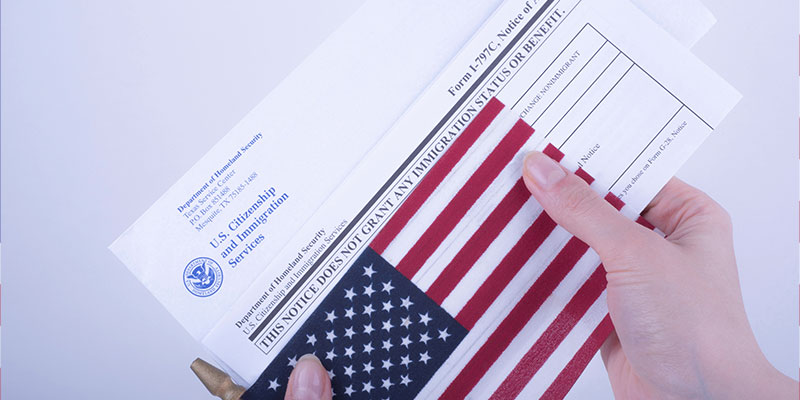
In this article you will read about:
Non-immigrants have many visa options to live and work in the US temporarily. The H1 visa is one of them. It allows foreign workers with specialized qualifications, or training to work in specialty occupation roles under a US employer.
The H1B1 visa category is one of the H1 visa categories, like the H1B, reserved for specially qualified individuals. The H1B1 is allotted for individuals who hold a Chilean or Singaporean passport. It came about as a result of the 2004 Free Trade Agreement between the USA, Chile, and Singapore governments. Under this agreement, 6,800 H1B1 visas are allotted each year for Chilean and Singaporean nationals - 1,400 for Chile and 5,400 for Singapore. To do any further reading, we recommend you to read about H1B1 Application Process, as you might be interested in reading.
The basic requirements for the H1B1 visa category are similar to those of the H1B requirements, with a few exceptions. The requirements are:
Here are a few ways in which the H1B1 is different from the H1B:
H1B1 visas are subject to shorter periods of validity - 18 months - and need to be renewed. Also, the validity of the H1B1 visa will not be allowed to extend beyond that of the approved LCA. You only have a one-year validity when you enter the US or get a COS to an H1B1 visa. One great advantage of the H1B1 is that you can renew the visa indefinitely, as long as you can prove that you will not stay in the US permanently. You can show ties to your native country or the absence of pending green card applications.
If you meet the conditions given above, you can apply for a visa renewal in two ways:
Unlike the H1-B visa, the H1B1 is not a "doctrine of dual intent." So, if there is evidence of a pending green card application, the individual will not be able to apply for an extension on their H1B1 visa. This makes planning crucial if you are applying for permanent residence in the US.
With the H1B1, you can fall into a renewal pattern to never miss expiry dates and fall out of status. The visa carries a 12-18 month validity, with the power to extend it for a year as many times as you like. Since extension can take four to six months, as mentioned above, you can start the process within this time frame.
To get an extension or renewal on your H1B1 visa, you must work with your employer to prove your employment is valid. You can provide the LCA certification and payslips as evidence of your work activity. You have two options to extend or renew your visa:
If you file for the extension in good time, you may be granted a 240-day extension on your visa validity in case it expires before the extension is approved.
Also Read: A Comprehensive Overview of the H1B1 Visa
An H1B1 transfer can occur under one of two circumstances:
In conclusion
We have had a brief discussion about the H1B1 visa in this article, including the renewal, extension, and transfer of the H1B1. This visa category is a great option for citizens of Chile and Singapore as it foregoes the H1B cap and the lottery, providing for quick processing and employee onboarding.
If you are looking for a wealthy of information on anything related to H1B1 visa, come to Techfetch H1B. Here, you can find all the details for your purpose!
**Disclaimer: Immigration laws and policies are subject to change. For the latest updates, refer to the USCIS website.